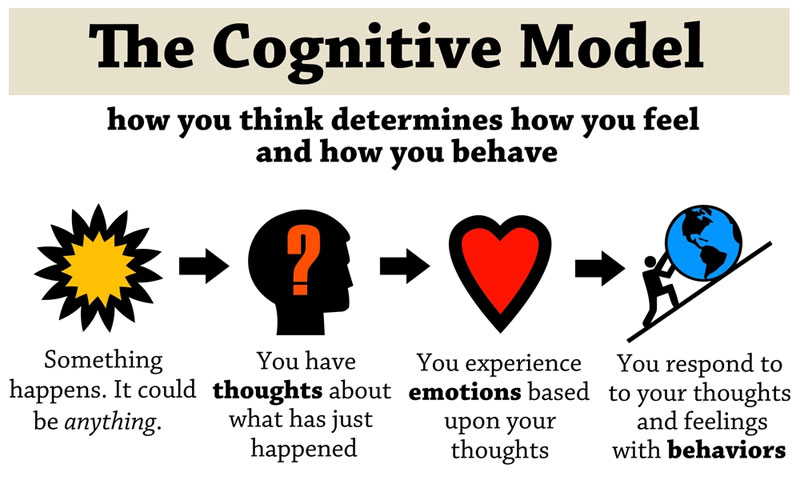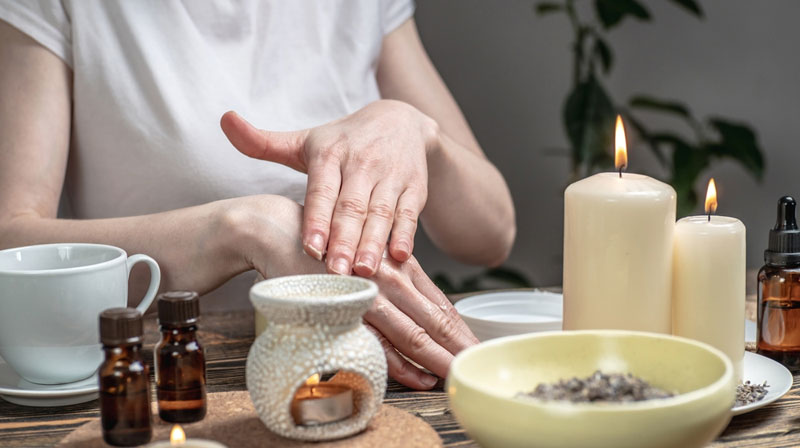[et_pb_section admin_label=”section”]
[et_pb_row admin_label=”row”]
[et_pb_column type=”4_4″][et_pb_text admin_label=”Text”]In today’s fast-paced world, where stress and challenges lurk around every corner, emotional regulation emerges as a critical skill for maintaining mental health and achieving personal and professional success. Emotional regulation is managing and responding to our emotions healthily and productively.
It involves being aware of, understanding, and accepting our feelings and using this awareness to direct our actions appropriately. This comprehensive guide will explore various emotional regulation techniques to give you a deeper understanding and more practical strategies for effectively managing your emotions.
Medella Springs’s Behavioral And Stress Relieve Supplements
Addivance is a naturally derived Medella Springs supplement with no side effects approved from clinical trials. It’s designed to support focus and balance behavior and is non-habit-forming, making it an excellent choice for those seeking a natural aid in managing attention and behavioral challenges.
Calmposure stands out as a naturally derived option, proven safe in clinical trials, formulated to soothe stress-induced anxious feelings rapidly. It works by blocking stress hormone receptors, effectively restoring a sense of calm and control without adverse effects.
What Is Emotional Regulation?
Emotional regulation isn’t about suppressing our feelings; it’s about recognizing our emotions and deciding how to respond to them. It plays a pivotal role in our mental health, relationships, professional work performance, and overall quality of life. Mastering emotional regulation can help us navigate life’s ups and downs with resilience, maintain healthier relationships, and achieve our goals.
The Importance Of Emotional Regulation

Emotional regulation deeply influences our thoughts, behaviors, and relationships. It refers to our ability to manage BPD and ADHD and respond to an emotional experience with a range of strategies that are constructive rather than destructive. Here’s why emotional regulation is so crucial:
- Effective emotional regulation can significantly reduce the risk of anxiety, depression, and other mental health disorders. It allows individuals to navigate stressors and challenges more effectively, promoting resilience and well-being.
- The ability to manage emotions leads to healthier interactions with others.
- In the workplace, emotional regulation contributes to better decision-making, stress management, and leadership abilities.
- Mastering emotional regulation is key to self-awareness and self-improvement. It encourages introspection, helping individuals understand their emotional triggers and how they can adaptively respond to them.
10 Techniques For Effective Emotional Regulation
Here are some methods to help regulate your emotions effectively:
Mindfulness Meditation

Mindfulness meditation for anxiety teaches presence and awareness, allowing individuals to observe their emotions without judgment. This practice encourages a non-reactive stance toward emotional experiences, fostering a deeper understanding of emotional patterns and triggers.
Begin by spending a few minutes daily focusing on your breath and observing thoughts and emotions as they arise without attempting to change or judge them.
Cognitive Reframing

Cognitive reframing involves changing your perspective on a situation to alter its emotional impact. Individuals can decrease negative emotions by challenging and replacing negative thought patterns with positive or realistic ones. Identify negative thoughts that arise in response to a situation and consciously replace them with more balanced or positive thoughts.
Deep Breathing Techniques

Deep breathing is a simple yet powerful tool for emotional regulation and for men with ADHD. It activates the body’s relaxation response, reducing stress and helping to calm emotional intensity. Try the 4-7-8 technique: inhale for 4 seconds, hold your breath for 7 seconds, and exhale slowly for 8 seconds. Repeat several times until you feel calmer.
Progressive Muscle Relaxation (PMR)

PMR helps reduce physical tension associated with stress and emotional upheaval. To achieve a state of physical and emotional relaxation, individuals can systematically tense and relax different muscle groups in their bodies. The process involves starting from the toes and working up to the head, where each muscle group is tensed for a few seconds before releasing the tension.
Emotional Journaling

Writing about your feelings and experiences in a diary can provide an outlet for expressing emotions, leading to greater clarity and relief. Set aside time each day to write freely about your thoughts, feelings, and experiences, focusing on expressing yourself honestly and openly.
Engage In Positive Self-Talk

During times of stress and overwhelm, we often engage in negative self-talk. This can worsen our emotional state and lead to feelings of guilt or blame. However, by intentionally shifting our self-talk to be more positive and compassionate, we can help manage our emotions and promote well-being. So, next time you feel overwhelmed, try replacing that negative self-talk with kind and supportive thoughts. You might be surprised by how much of a difference it can make!
Social Support

Sharing emotions with trusted friends or family can provide comfort, understanding, and perspective. Social support is a key component of emotional resilience. Cultivate strong relationships by regularly spending time with friends and family, and be open to sharing your feelings and experiences.
Setting Boundaries

Learning to say no and set healthy boundaries is essential for emotional regulation. It helps prevent emotional overload and stress resulting from taking on too much. Identify your limits in various aspects of your life, and communicate these boundaries clearly and respectfully to others.
Self-Care Rituals

Engaging in self-care practices can bolster your emotional resilience, providing a foundation of well-being that supports emotional regulation. Develop a self-care routine that includes activities promoting relaxation and enjoyment, such as reading, taking baths, or engaging in hobbies.
Professional Therapy

Professional therapy can provide valuable support and guidance for those struggling with emotional regulation. Therapists can offer strategies tailored to individual needs, helping to navigate emotional challenges more effectively. Consider seeking therapy if you find emotional regulation consistently challenging. Therapeutic approaches, such as Cognitive Behavioral Therapy (CBT) or Dialectical Behavior Therapy (DBT), can be particularly effective.
Conclusion
Emotional regulation is vital for navigating life’s challenges and enhancing overall well-being. Incorporating these regulation techniques into your daily life can improve your ability to manage emotions effectively, fostering a sense of balance and resilience. Remember, mastering emotional regulation is a journey, not a destination. Be patient and compassionate with yourself as you explore and integrate these practices into your life, and celebrate your progress.[/et_pb_text][/et_pb_column]
[/et_pb_row]
[/et_pb_section]

